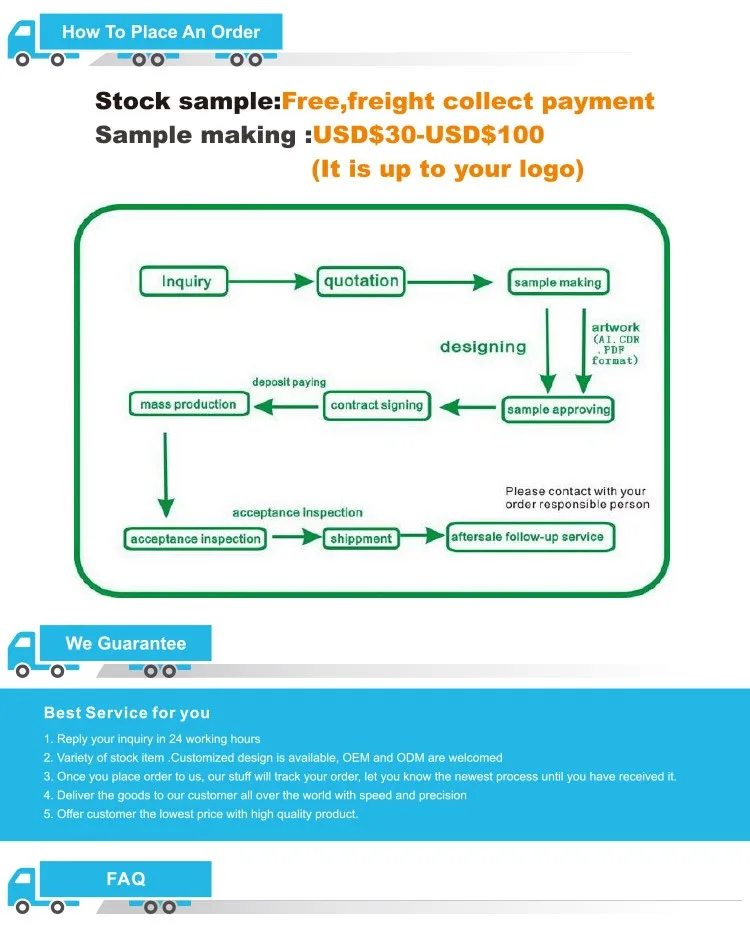How to Successfully Qualify for a Mortgage Loan: Your Comprehensive Guide
#### Description:Qualifying for a mortgage loan is an essential step for anyone looking to purchase a home. Understanding the requirements and processes inv……

#### Description:
Qualifying for a mortgage loan is an essential step for anyone looking to purchase a home. Understanding the requirements and processes involved can make the difference between securing your dream home and facing rejection. In this comprehensive guide, we will explore the key factors that determine how you can effectively qualify for a mortgage loan, including credit scores, debt-to-income ratios, employment history, and more.
One of the first things to consider when aiming to qualify for a mortgage loan is your credit score. Lenders typically look for a score of at least 620 for conventional loans, although some programs may allow for lower scores. Your credit score reflects your creditworthiness and is influenced by various factors, including your payment history, the amount of debt you currently have, the length of your credit history, and the types of credit you use. To improve your score, consider paying down existing debts, making payments on time, and avoiding new credit inquiries before applying for a mortgage.

Another critical aspect of qualifying for a mortgage loan is your debt-to-income (DTI) ratio. This ratio compares your monthly debt payments to your gross monthly income. Most lenders prefer a DTI ratio of 43% or lower, although some may allow higher ratios depending on other factors such as credit score and cash reserves. To calculate your DTI, add up all your monthly debt payments, including credit cards, student loans, and other obligations, and divide that total by your gross monthly income. If your ratio exceeds the preferred limit, consider reducing your debts or increasing your income before applying for a mortgage.
Your employment history also plays a significant role in qualifying for a mortgage loan. Lenders typically prefer borrowers with stable, consistent employment. A history of job changes or gaps in employment may raise red flags for lenders. Ideally, you should have at least two years of steady employment in the same field. If you’re self-employed, lenders may require additional documentation, such as tax returns and profit and loss statements, to verify your income stability.
Additionally, the amount of down payment you can provide will impact your ability to qualify for a mortgage loan. While conventional loans often require a down payment of 20%, there are various loan programs available that allow for much lower down payments, sometimes as little as 3% or even 0% for certain types of loans like VA or USDA loans. A larger down payment not only improves your chances of qualifying but can also lead to better loan terms and lower monthly payments.
Another factor to consider is the type of mortgage loan you are applying for. Different loans have varying requirements. For example, FHA loans are designed for first-time homebuyers and those with lower credit scores, while conventional loans may have stricter criteria. It’s essential to research and choose the loan type that best suits your financial situation and homeownership goals.

In addition to the financial aspects, being prepared with the necessary documentation can streamline the application process and improve your chances of qualifying for a mortgage loan. Common documents required include proof of income (pay stubs, W-2s), tax returns, bank statements, and identification. Having these documents organized and readily available can help expedite your application and demonstrate your preparedness to lenders.
Lastly, consider consulting with a mortgage broker or financial advisor who can provide tailored advice based on your unique circumstances. They can help you navigate the mortgage landscape, identify the best loan options for you, and assist in preparing your application to enhance your chances of qualifying for a mortgage loan.
In conclusion, qualifying for a mortgage loan involves several critical factors, including your credit score, debt-to-income ratio, employment history, down payment, and the type of loan you choose. By understanding these elements and preparing accordingly, you can increase your chances of securing a mortgage and ultimately achieving your homeownership dreams. Remember, the more informed and prepared you are, the smoother the process will be, leading you one step closer to owning your ideal home.